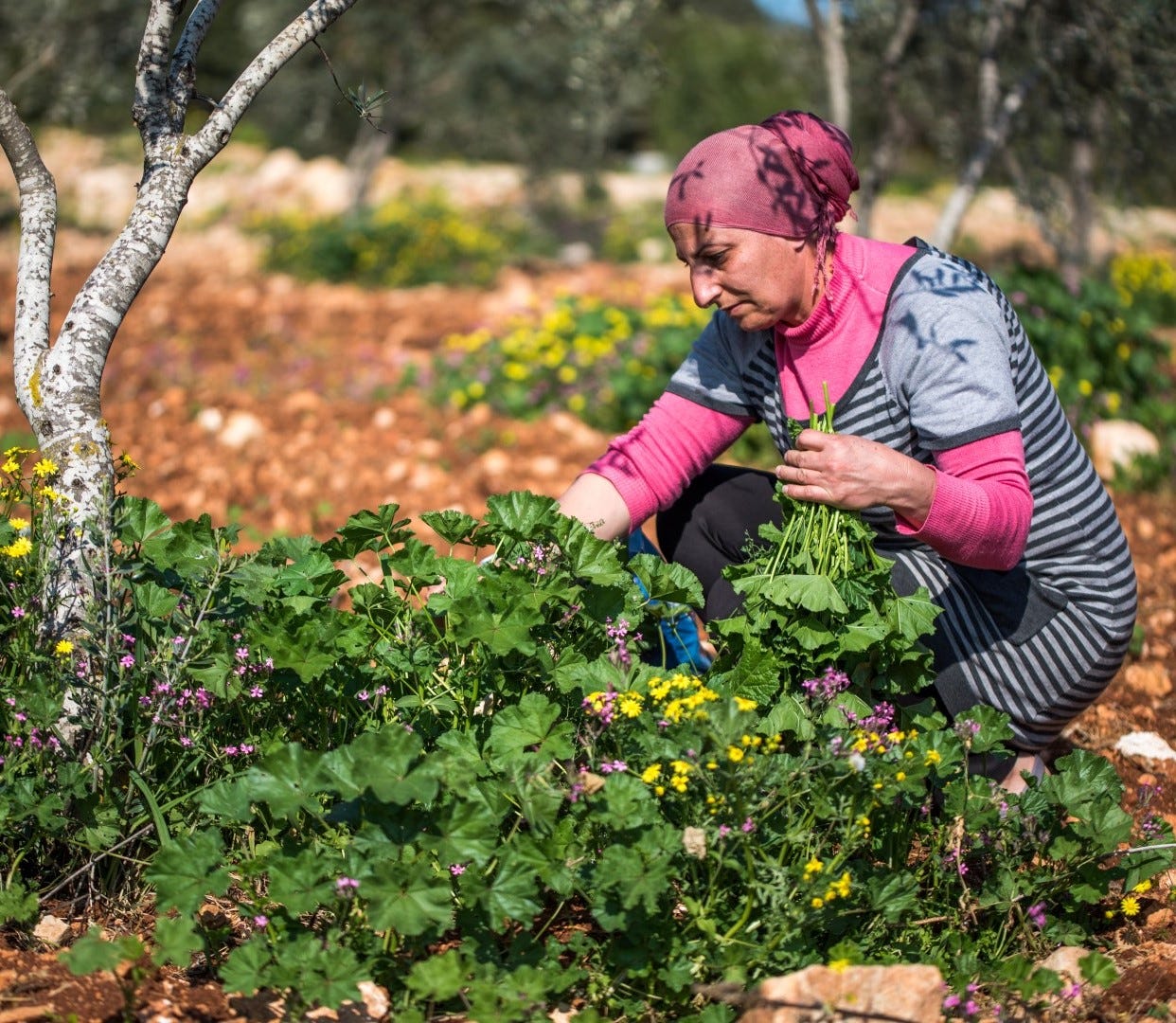Welcome to ‘Extra Bites’, the amuse-bouche of Cultural Bites.
‘Extra Bites’ will bring a touch of added Middle Eastern flavour to the end of the working week, with some culinary news to savour at your leisure, as well as an easy recipe with plenty of added tips, for a some weekend inspiration.
During the first week or two of every new year, global food and drink trends are predicted for the 12 months ahead by industry experts who bestow their culinary wisdom upon us, with guidelines on what ingredients, flavours and dishes to look out for in restaurants and supermarkets. There is no doubt that some of these predictions will land on our plates, yet others may be deemed a “passing fad” yet we continually aspire to the call for healthy eating whilst caring for the planet, with the emphasis always on deliciousness.
This year’s food trends are no different as we appear to have similar forecasts topping the charts. Plant based foods are already replacing animal products on menus of many more affordable restaurants and with fine dining establishments set to include plenty of additional dishes by highly acclaimed chefs using animal free, locally sourced ingredients, we are looking for marked improvements in the availability of tasty, well presented and quality vegan food. Other trends that continue to rise in profile year on year are global flavours and cuisines, ancient grains and cereals including the nutty buckwheat and the world’s fascination with fermented foods, which this year extends to desserts…
Fungi of all varieties are set to become the meat substitute for 2024, as we embrace the culture of foraging gathering the edible mushrooms from nearby forests and common land, before returning to the kitchen to cook up a hearty meal. With 5% of all Israeli’s eating a plant based diet, foraging tours to collect the wild edibles of the land and sea, are becoming a common cultural pastime for all the family, followed by a talk or hand-ons workshop as to the culinary or medicinal uses of our edible collectables. The heavy rains of the winter months allow the landscape to flourish with vegetables, legumes, herbs, leaves and flowers, all of which can be turned into nutritious foods and drinks with ease. Sustainable, local and seasonal produce, the main trend of the past decade was the sustainable culture of our nomadic ancestors of the Fertile Crescent, where foraging and food gathering sustained and nourished, prior to the dawn of agriculture.
Whilst writing and researching my first book The Galilean Kitchen I went foraging in rural Galilee with Zada (in the picture above), a Bedouin woman who understood all the wild edibles of the land. She gathered many of the indigenous plants and herbs that she cooked with in her modest kitchen, creating delicious healthy dishes for her family. This was her recipe for hubeza, the common mallow which grows abundantly in the cooler, wet months of the Middle Eastern winter.
Zada’s Hubeza - serves 4-6
500g hubeza, washed & roughly chopped
1 large onion, peeled & thinly sliced
75mls extra virgin olive oil
1 teaspoon baharat
a good grating of fresh nutmeg
salt & pepper
place the olive oil in a large pan with the sliced onion & fry gently until soft & translucent
add the washed hubeza & 50mls of water & fry on a low heat for 5 minutes, add the baharat & nutmeg, mix well & continue to fry until the mallow has wilted and soft and all the liquid has evaporated
season well with salt & pepper, before serving warm…
extra bites…
this dish will work equally well with spinach or Swiss chard if you are unable to get hold of mallow, and frying some slices of fennel with the onion is a lovely addition, that will give the dish a flavour of aniseed
replace the teaspoon of baharat with a teaspoon of sumac and a good squeeze of lemon, for a citrus kick
toast a couple of handfuls of pinenuts & sprinkle across the top to give the dish a textural dimension - pine nuts have been used in Middle Eastern kitchens for centuries. the flavour of pine is returning as one of this year’s trends…
for a vegetarian dish add 100g of crumbled salty feta on top or a dollop of tangy labane
Enjoy!!







This is the first time I have seen a recipe with mallow. It grows here in Petach Tikva as a wild plant in many places, where unused waste land is available. Does one need to separate the stalks from the leaves or can they be cooked together?
Wild mallow (hubeza) is very common throughout Israel and used a lot in Israeli and arabic dishes. If the stalks are thick and woody, then yes, I would remove them, however if they are young leaves, then you can chop then up with the leaves and cook them together. Enjoy!!